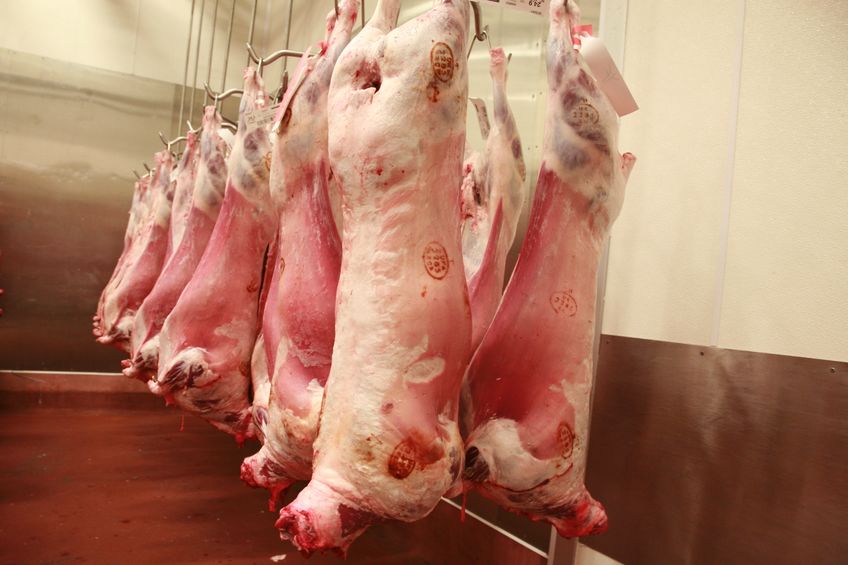
Key workers in the meat industry should have priority access to Covid-19 vaccinations given the importance of the UK food chain, industry groups have said.
A letter has been sent to the Joint Committee on Vaccination and Immunisation, urging government to place key workers in meat plants on the list of early recipients.
It comes as the UK moves toward rolling out the Pfizer/BioNTech vaccine as early as next week, becoming the first western country to be granted a licence.
The vaccine has today (2 December) been authorised for emergency use by the Medicines and Healthcare Products Regulatory Authority (MHRA).
The British Meat Processors Association, the Food Standards Agency and the Northern Ireland Meat Exporters Association have called for meat workers to be among the earlier receivers.
The National Pig Association (NPA), which is supportive of the measures, said prioritising meat factory workers would 'make a lot of sense, given the importance of the food chain'.
The pandemic has affected meat plants across the world, in some cases causing significant disruption.
A number of UK plants have been affected in recent weeks and, while efforts have been made to keep them operational, capacity has been affected.
BMPA CEO Nick Allen said: “The nature of food processing means that we have a cold factory environment which is challenging.
"In addition, the rural locations of many meat plants means that workers often opt for house-sharing and car-sharing in the absence of other types of accommodation and transport.
"These two factors that were once simply part of the job, mean that our key workers face extra challenges and a higher risk of contracting covid-19.”
Once sufficient supplies of a proven vaccine have been made available to at risk-groups like health and social care workers, the groups are then calling on government to then extend prioritisation for vaccinations to include meat factory workers.
Mr Allen added: "This would provide much needed protection and comfort to this at-risk group and the communities in which they live as well as ensuring that the critical food supply chain continues to run smoothly.”
